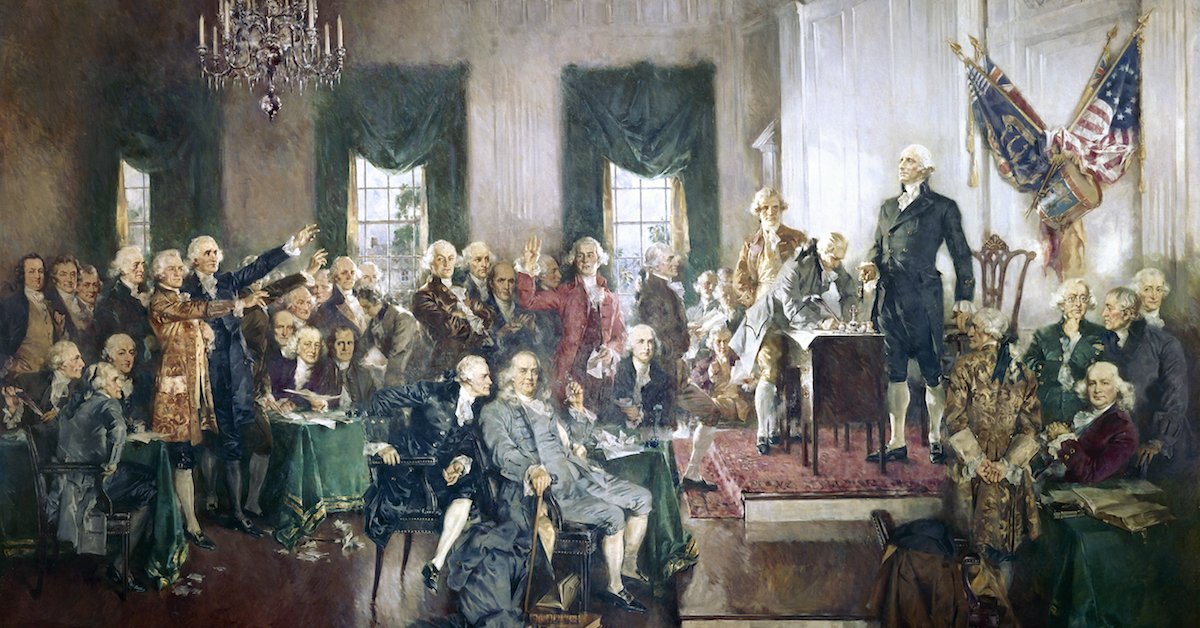I generally understand the Electoral College, mate. Well, as much as any non-legal and/or constitutional scholar can, really. ;-)
I live in the US and have taken quite an interest in American government and elections since coming here, so do not need additional information. I understand how it differs to our system of government (and Spain’s, as I am also from there).
I was merely providing insight as to why it does not necessarily perform the function you were originally referencing in the post I responded to. The corner case I linked to is a good review of the possible issues with it — less extreme outcomes are possible and are *still* highly problematic. I think the Electoral College method is flawed — and a straight popular vote is flawed — as are most all direct or indirect democratic election methods.
Your response just seemed to be arguing that land area was more important than people, so I wanted to clarify.
FWIW, when I asked a professor friend that teaches American Government here in the states if they had a good primer for the Electoral College, they sent me this (among other links about the structure/process itself) — I found it very helpful.
The Founding Fathers had something particular in mind when they set up the U.S. presidential election system: slavery

time.com
By the way, as you seem very interested in American politics, as well, if you haven’t already, I would give 538 a look. Every now and then they provide probabilities for winning based on popular vote scenarios for Biden and Trump — in the context of practical Electoral College outcomes — and they are quite enlightening.
538 uses statistical analysis — hard numbers — to tell compelling stories about elections, politics, economics, and American society.

fivethirtyeight.com
This is the last one I saw which I shared in here:


